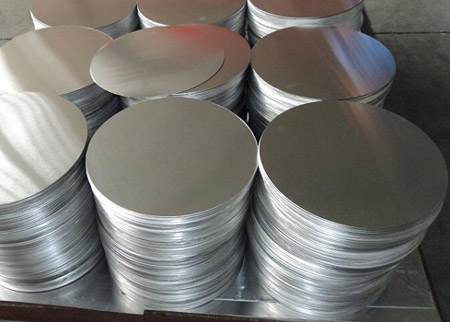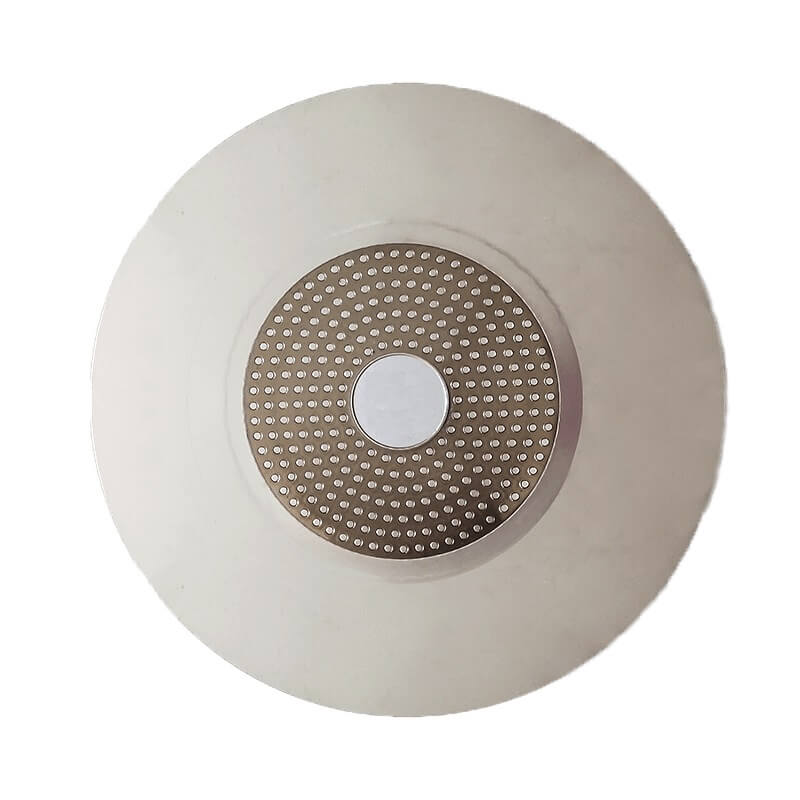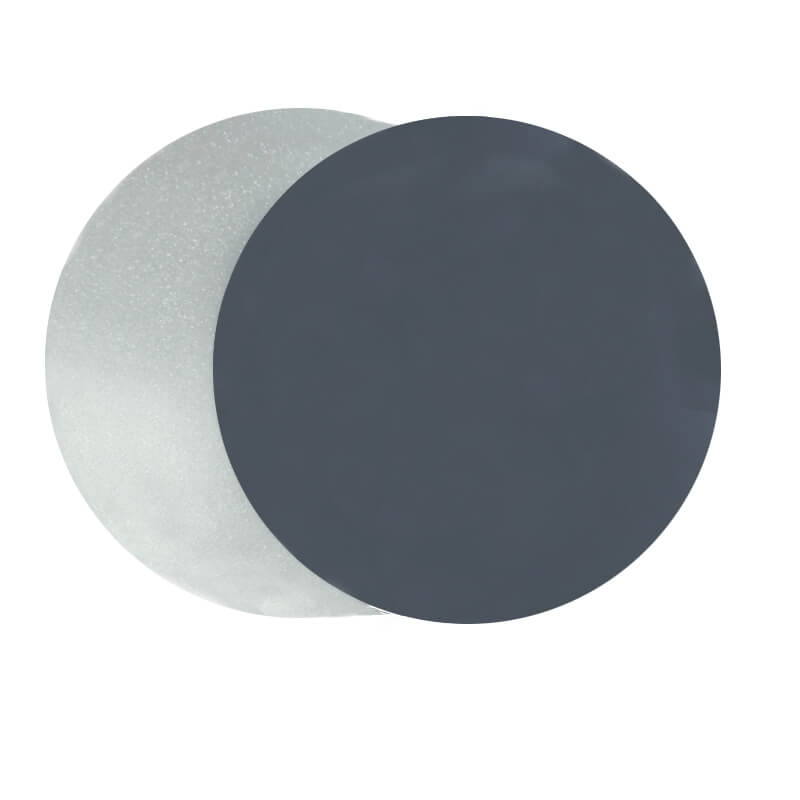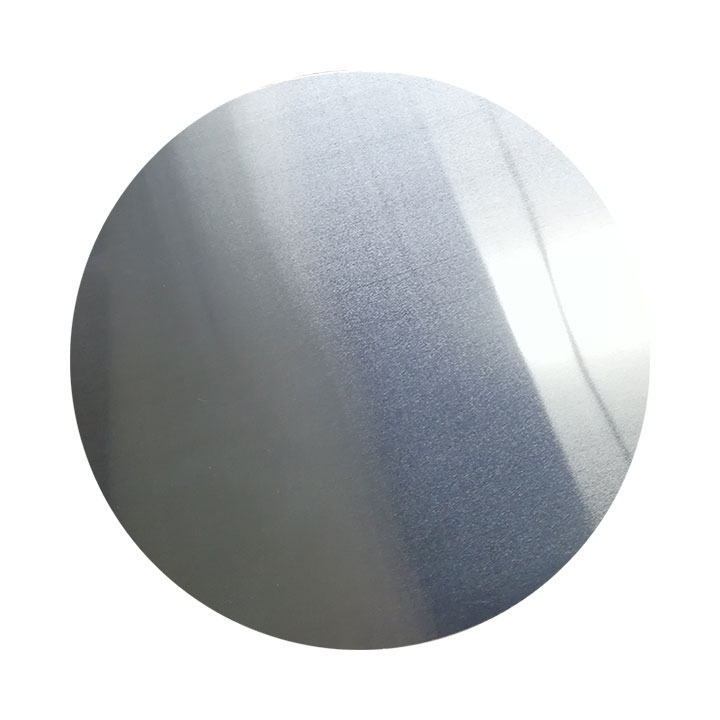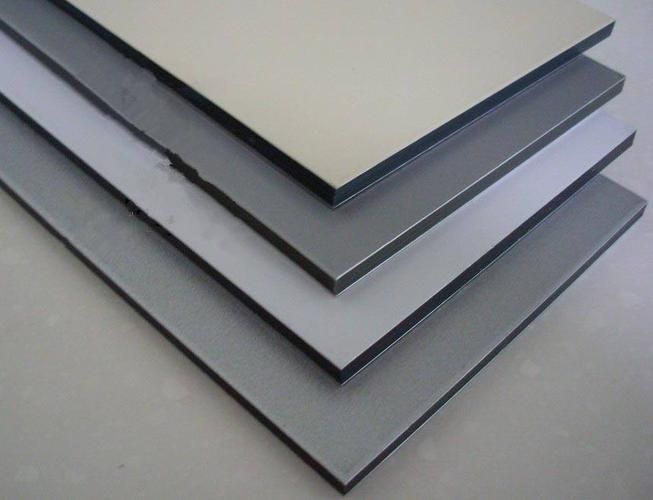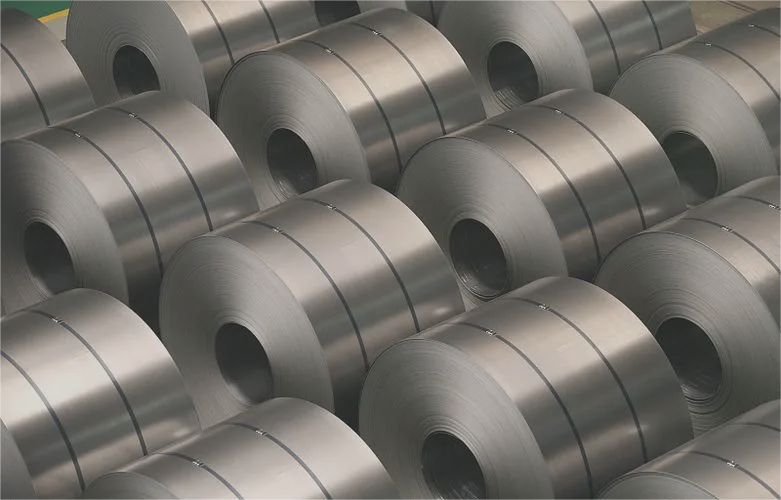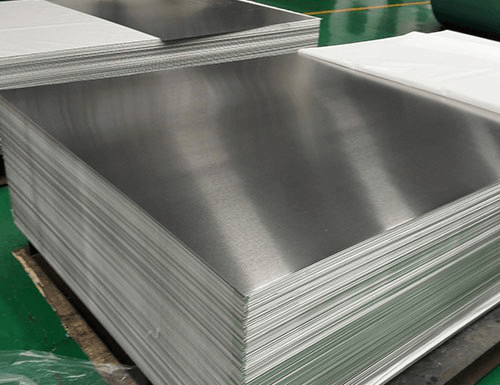Why is aluminum more efficient than steel?
Aluminum is a versatile, ductile, durable and lightweight metal. In various applications, it is often chosen over other metals because it can function effectively in various environments. Aluminum has many advantages over steel.
Compared with other metals including steel, aluminum is lighter in volume and weight. The weight of aluminum is one-third of other metals (including steel, brass, and copper). According to the Aluminum Association, aluminum car structures are more cost-effective than steel car structures: using an aluminum can reduce weight by up to 55% compared to steel structures. In the marine transportation industry, aluminum structures are also more cost-effective than steel structures. The aluminum hull can reduce the weight by 35% to 45%. If aluminum is used instead of steel to construct the ship’s superstructure, the weight can be reduced by 55% to 65%. Compared with steel structures, aluminum fuel and battery consumption are more cost-effective because light vehicles use less energy. According to Drive Aluminium,an electric car with an advanced aluminum body structure uses fewer batteries than an electric car with a steel body structure, which results in a weight reduction of up to 3,000 (USD) per electric car. Compared with steel hybrid vehicles, aluminum hybrid vehicles can save 5% to 7% of fuel.
Unlike steel, aluminum is naturally non-corrosive. According to Futura Industries, aluminum forms an oxide film that naturally protects metals from corrosion. How Stuff Works explains that this natural corrosion protection occurs when aluminum reacts with oxygen. The resulting barrier protects the metal from various compounds, including water and further contact with oxygen. This natural barrier is one of the reasons why aluminum is more advantageous than carbon steel and certain stainless steel in certain environments. The British Stainless Steel Association explains that stainless steel will corrode under “bad conditions”. The steel must be painted or otherwise treated to prevent corrosion.
The thermal conductivity of aluminum exceeds that of steel. Ask any chef and they will tell you that aluminum cookware cooks food more efficiently than steel cookware. Aluminum kettles boil water faster than stainless steel kettles because aluminum conducts heat faster than steel. In terms of thermal conductivity, aluminum is four times higher than steel. According to Secat, a research laboratory that studies aluminum products and processes, the thermal conductivity of aluminum reduces cooling cycles more effectively than steel during forming operations. Aluminum also has a higher electrical conductivity than steel. This high conductivity, coupled with aluminum’s lower melting point than steel, means that aluminum can increase the electrical discharge machining rate by five times compared to steel.
The ductility of steel is not very good, which is why many manufacturers choose to use aluminum. Steel is limited to certain shapes and structures, while the elasticity of aluminum means that engineers and designers can create complex structures more freely. According to Lanren aluminum, the spinning process may crack or tear steel, even if it is a strong metal. Indeed, the ductility of aluminum produces a safer and more efficient structure than steel. Lanren aluminum is a specialist in the aluminum households, such as aluminum coil, aluminum circle, aluminum foil and aluminum plate, if you have interests in our products, please do not hesitate to contact.

